Stem Cell Models of Differentiation and Regeneration
18th October 2018.
Virginie Sottile, University of Nottingham, United Kingdom
On the 18th of October 2018 Virginie Sottile, of the University of Nottingham (UK), will give a seminar on Stem cell models of differentiation and regeneration at 2.00 pm in the College lecture theatre. In his talk V Sottile will discuss how stem cells biology has dramatically changed our understanding of cell dynamics and turnover in different tissues/organs and how these advances may impact on the therapy of degenerative diseases of the central nervous system and internal organs. All College students are invited to attend, especially those reading Medicine, Biology, Biotechnology and Pharmaceutical Sciences. The poster of the lecture can be downloaded here.
Abstract
Progenitors residing in adult organs represent a growing research focus for fundamental as well as translational approaches to regenerative medicine. While the ability to identify stem cells and manipulate their phenotype in vitro is opening new options for interventions to restore tissue cells and function, it is also posing new challenges in terms of translational control, lineage identification and targeted delivery. I will present some of the approaches my group is developing to address these aspects, using tissue-derived stem cells to model, induce and exploit differentiation towards therapeutically relevant lineages, with two prime systems: neural stem cells for CNS applications, and mesenchymal progenitors to target metabolic and skeletal conditions.
Biography
V Sottile studied Cell & Molecular Biology at the University of Nice (France), and carried out research in laboratories in Basel and Edinburgh on regulatory aspects of somatic and embryonic stem cell differentiation before joining Nottingham in 2001. She heads the Adult Stem Cell Biology group in the School of Medicine, where her lab focuses on the isolation, in vitro characterisation and differentiation of stem cells for regenerative medicine applications. Her research interests include neural stem cell biology, and Virginie’s group identified a new population of progenitors residing in the adult cerebellum[1], whose potential for neural tissue repair is currently under evaluation. The other core research interest in her group, the mesenchymal stromal/stem cell model present in bone marrow and other connective tissues, is exploited to identify new therapeutic approaches both as a molecular screening tool in vitro[2, 3] and as a cellular target for skeletal tissue regeneration strategies in vivo[4].
References
[1] Alcock et al. (2009) Cell Research
[2] Velickovic et al. (2018) Sci Rep.
[3] Surrati et al. (2016) Analyst
[4] France et al. (2014) J Tissue Eng Regen Med
Image
Courtesy of Sarita P Panula, Karolinska Institutet, Stockholm
University Filming
The University is producing a professional video on 'Life and work at the University of Pavia' that will feature prominently students' life and work. Students are needed for this filming, and specifically:
- 20 students are needed on Friday 12 October at 3.00 pm at Biblioteca della Scienza e della Tecnica (the circular building facing the Department of Engineering),
- 10 students are needed on Friday 12 October at 5.00 pm at Kirolab (top floor, Golgi Spallanzani building, 9 via A Ferrata) and
- 30 students are needed on Saturday 13 October at 1.45 pm at the Eucentre building (a building at the back of the College, 1 via A Ferrata), .
Filming will probably require 15-20 mins (at each session) and I sincerely hope that a number of Volta students will take part in this worthwhile exercise that will promote the University across the world. Students interested in taking part should write to the College Director who will forward their names to the staff of Servizio Comunicazione di Ateneo.College also request that students who read this post may also inform other students less prompt in reading the College web pages.
PI3-Kinase
On the 11th of October 2018 Giovanni Solinas, of the of the Institute of Medicine of the University of Gothenburg Sweden, will give a seminar on PI3-Kinase in Metabolic Homeostasis and Tumour Progression at 2.00 pm in the College lecture theatre. In his talk G Solinas will discuss the multiple and pivotal role of PI3-kinase in cell behaviour and a further and major role in cancer progression. All College students are invited to attend, especially those reading Medicine, Biology, Biotechnology and Pharmaceutical Sciences. The poster of the lecture can be downloaded here. Further information about the seminar and speaker can be found here.
Image: Phosphotidylinositol
PI3-Kinase in Metabolic Homeostasis and Tumour Progression
11th October 2018.
Giovanni Solinas, University of Gothenburg, Sweden
On the 11th of October 2018 Giovanni Solinas, of the Institute of Medicine of the University of Gothenburg Sweden, will give a seminar on PI3-Kinase in Metabolic Homeostasis and Tumour Progression at 2.00 pm in the College lecture theatre. In his talk G Solinas will discuss the multiple and pivotal role of PI3-kinase in cell behaviour and a major role in cancer progression. All College students are invited to attend, especially those reading Medicine, Biology, Biotechnology and Pharmaceutical Sciences. The poster of the lecture can be downloaded here.
Abstract
Phosphatidylinositol-4,5-bisphosphate 3-kinase (PI3K) play a central role in signal transduction from different receptors, including growth factor receptors and the insulin receptor. PI3K signaling is frequently activated in most cancer types, as it is driven by most frequent driver genetic alterations in cancer. However, targeting PI3K signaling in cancer has been problematic, and most pan-PI3K inhibitors showed limited therapeutic index in cancer therapy. It was proposed that this is due to the role of PI3K signaling in the metabolic action of insulin. Indeed, PI3K inhibition causes insulin resistance leading to hyperglycemia and compensatory hyperinsulinemia that reactivates PI3K signaling in insulin-sensitive cancer cells. Our work aims at defining the role of specific PI3K isoforms in insulin signaling and tumor promotion, with the aim of developing novel therapies for cancer and obesity by targeting selected PI3K isoforms.
Biography
Giovanni Solinas is a Professor of Molecular Medicine at the Institute of Medicine of the University of Gothenburg Sweden, and a principal investigator at the Wallenberg Laboratory for Cardiovascular and Metabolic Research. His research focuses on the study of the signaling pathways implicated in the pathogenesis of obesity-related diseases and in particular type-2 diabetes and cancer. Most notable contributions are the identifications of specific inflammatory signaling pathways linking obesity and metabolic dysfunctions, and his studies on the role of PI3Kγ signaling in obesity, metabolic inflammation, and glucose homeostasis. Dr Solinas is a peer reviewer for several international funding bodies and scientific journals, he is a member of the editorial board of Molecular Metabolism, and he served as member of the executive committee of the Swiss society for the Study of Obesity and Metabolism.
Reference
The role of PI3Kγ in metabolism and macrophage activation. G Solinas and B Becattini. Oncotarget 2017 (8) 106145-106146
Image
Crystal structure of PI3-kinase in complex with inhibitor. PDB accession: 4j6i.
Library Support 2
College recently requested its members to provide interim library support on a voluntary basis while EDiSU completes the new procedures about students' paid contributions to College teaching and services.
The College is now pleased to report that MSc student in Construction Engineering Nicolò Salis and medical undergraduate Paolo Minerba have agreed to provide library support on a volutnary basis. Loan service will be between 6.00 and 7.00 pm in a small office on the ground floor near the director's office. Service will start on Monday the 8th of October. College is extremely grateful to NIcolò and Paolo for this work.
Image: the JTM Needham College library (photograph by former Volta undergraduate S Tondi).
Cosa Sarà
High-tech company FacilityLive, based in Pavia, together with the Pavia City Council and the University of Pavia is organising a New Ideas Festival in Pavia from October 19th to 21st (a flyer of the event can be found here).
As part of this New Ideas Festival, four Colleges - one of which is Volta - on Saturday the 20th of October will enter a challenge in which they will submit innovative proposals tackling problems in four areas and offering solutions based on currently available digital technology. The four areas are: memoria (history in all its aspects), salute (health care), sport and territorio (county/land). Each College will tackle only one of the four areas through a draw. Hence Volta must build a proposal in each area because it will only find out the area assigned on October 20th.
College students of any degree Course are asked here to submit proposals for the New Ideas Festival through a brief email to the director. Out of this list, College will choose one proposal per area and a team of 5 students who will participate at the event on October 20th. The Volta proposals will not be communicated to the organisers of the Festival at present (they will be guarded jealously at Volta until October 20th) but College needs to collect and evaluate ideas internally and submit, by Sunday the 7th of October, the names of the five students who will participate in the event (the Volta team). Deadline for receipt of proposal from College students is midnight on Saturday the 6th of October. There will be large coverage of the New Ideas Festival in both local and national media.
Image: courtesy of Lambeth Academy, Clapham, London
Epigenetics and Disease
On the 8th of October 2018 Carlo Gaetano, of the Istituti Clinici Scientifici Maugeri, Pavia, will give a seminar on Targeting diseased epigenomes by tuning mitochondrial metabolism at 5.00 pm in the College lecture theatre. The seminar addresses the important and emerging link between epigenetics and disease and will offer evidence of such link from studies carried out in the speaker's laboratory. All College students are invited to attend, especially those reading Medicine, Biology, Biotechnology and Pharmaceutical Sciences.. The poster of the seminar can be downloaded here. Further information including a synopsis of the talk and a biographical sketch of the speaker are available here.
Image: courtesy of E Heard, Institut Curie, Paris, France
Targeting Diseased Epigenomes by Tuning Mitochondrial Metabolism
8th October 2018.
Carlo Gaetano, Istituti Clinici Scientici Maugeri, Pavia
On the 8th of October 2018 Carlo Gaetano, of the Istituti Clinici Scientifici Maugeri, will give a seminar on Targeting diseased epigenomes by tuning mitochondrial metabolism at 5.00 pm in the College lecture theatre. Epigenetics, namely the range of enzymatic and non-enzymatic DNA modifications that finely tune gene expression during development and tissue regeneration also play an important role in disease. In his talk C Gaetano will address and discuss this latter area of research. All College students are invited to attend, especially those reading Medicine, Biology, Biotechnology and Pharmaceutical Sciences. The poster of the lecture can be downloaded here.
Abstract
The first part of the presentation will describe the recently published outcome of an integrated metabolomics, transcriptomic and genomicapproach carried out in order to better understand the origin of epigenetic alteration evident in human primary cardiac stromal cells obtained from diabetic patients undergoing cardiac surgery. This research, conducted in collaboration with other Institutions in Europe, USA, and Australia, led to the characterisation of new small molecules targeting specific mitochondrial metabolic/epigenetic pathways controlling enzymes involved in DNA methylation. The second part of my talk will present unpublished data about a new role for P300/CBP associated factor (PCAF) in regulating mitochondria acetylation and function during skeletal muscle differentiation.
Biography
C Gaetano heads a newly established Laboratory of Epigenetics at Istituti Clinici Scientifici Maugeri in Pavia (Italy). During his training he was Fogarty Fellow and Associate at the National Cancer Institute in the Molecular Genetics Section of the Pediatric Branch from 1989 until 1992, Bethesda (USA). He was a Visiting Scientist of the National Cancer Institute form may 1995 to September 1996 and then Visiting Associate Professor at McMaster University, Hamilton (CA) in 1999. From 1997 to 2012 he was Senior Scientist and Group Leader at the Laboratorio di Patologia Vascolare of the "Istituto Dermopatico dell'Immacolata-IRCCS". From May 2012 until December 2017 he was Professor of stem cell epigenetics and Director of the Division of Cardiovascular Epigenetics at the Department of Cardiology, Faculty of Medicine, Goethe University, Frankfurt-am-Main (DE). His major scientific interest throughout the years has been epigenetics applied to clinically relevant diseases. In recent years, hid laboratory established in vitro and in vivo human disease models with special attention to human primary cells isolated from volunteer donors including human cardiac stromal cells from non-diabetic and diabetic patients. The studies focused on the epigenetic consequences of environmental challenges (e.g. high glucose, UV radiation, chemicals) causing mitochondrial metabolic alterations and their effect on DNA conformation, integrity and function. Together with other Institutions in Europe and US, he is also characterising new small molecules targeting DNA methylation including DNA methyltransferases (DNMTs) and Ten-eleven-translocation (TET) enzymes.
Reference
Oxidative Cytosine Modifications Accumulate in Cardiac Mesenchymal Cells From Type2 Diabetes Patients: Rescue by alpha-Ketoglutarate and TET-TDG Functional Reactivation. Spallotta, F. et al. Stable. Circulation Research 122, 31-46, 2018.
Image
Courtesy of the Royal Society of Chemistry.
Meet the Writer
That a few chemists could write compelling Italian prose was made clear a number of years ago by Primo Levi. Piersandro Pallavicini follows on Levi's footsteps: a professor of Chemistry at the University of Pavia, he has published more than a dozen novels and short stories that won wide acclaim and include work translated in several languages, including German and English. The themes of his writings are diverse. The recent wave of Italian immigrants frorm the African continent is a powerful and recurring one.
Pallavicini will visit College and meet Volta students on Monday the 8th of October 2018 at 9.00 pm in the College lecture theatre. He will be introduced by Volta graduate member Federica Lupoli and he will take questions from students. His works include: Il mostro di Vigevano (1999), Madre nostra che sarai nei cieli (Feltrinelli, 2002), Atomico Dandy (Feltrinelli, 2005), African Inferno (Feltrinelli, 2009), A braccia aperte (Edizioni Ambiente, 2010), Romanzo per signora (Feltrinelli, 2012), Una commedia italiana (Feltrinelli, 2014) and La chimica della bellezza (Feltrinelli, 2016).
The poster of the event can be downloaded here. All College students are warmly invited to participate at this event of Freshers' Week 2018/19.
Muscular Dystrophies
The first College seminar of the 2018/19 academic year will take place today 4th of October and will be given by Giulio Cossu of the University of Manchester at 5.00 pm in the College lecture theatre. The seminar, entitled Challenging therapies for muscular dystrophies will give an overview of the progress made in developing molecular and cellular approaches for the therapy of this group of diseases and will highlight the formidable obstacles that remain to be overcome. All College students are invited to attend, especially students of the medical and science courses. The poster of the seminar can be downloaded here. Further information including a synopsis of the talk and a biographical sketch of the speaker are available here.
More...
Challenging Therapies for Muscular Dystrophies
4th October 2018.
Giulio Cossu, University of Manchester
On the 4th of October 2018 Giulio Cossu, of the University of Manchestterl, will give a seminar on Challenging therapies for muscular dysttrophies at 5.00 pm in the College lecture theatre. Muscular dysttrophies constitute an important group of diseases that have posed exceptional challenges to scientists and physicians. G Cossu will review progress and will highlight the major remaining challenges that have to be overcome in order to ensure successful therapy. All College students are invited to attend, especially thse reading Medicine, Biology, Biotechnology and Pharmaceutical Sciences. The poster of the lecture can be downloaded here.
Abstract
In the last few years there has been significant advance in pre-clinical and clinical work of gene and cell therapy for muscular dystrophy. Currently there are several trials ongoing and more are expected to start. It is thus a time of expectation, even though many hurdles remain and it is unclear now whether they will be solved by current strategies or further improvements will be necessary. After reviewing current work in the field I will describe our current effort for an implemented protocol of cell therapy for muscular dystrophy. My laboratory has been working for many years on skeletal myogenesis and on the development of cell therapy protocols with stem cells for muscular dystrophy. We showed that neural tube (Vivarelli and Cossu, Dev. Biol. 1986) and dorsal ectoderm (Cossu et al., Development 1996) activate, through different Wnts, distinct myogenic programs in epaxial and hypaxial somitic progenitors. We also described myogenic cell heterogeneity (Cossu and Molinaro, Curr. Topics Dev. Biol. 1987) whose molecular basis has been recently elucidated (Messina et al. Cell 2010). We developed the first pre-clinical model for analysis of human myogenic progenitors in vivo (Salvatori et al., Hum Gene Ther. 1993), and discovered the myogenic potential of a bone-marrow derived, circulating progenitor cell (Ferrari et al., Science 1998). Our studies on unorthodox derivation of myogenic cells by non-somitic tissues (Tajbakhsh et al., Neuron 1994; Salvatori et al., J. Cell Sci. 1995) set the basis for the understanding of recruitment to myogenesis of non-myogenic cells, and the origin of multipotent mesoderm stem cells. We identified a mesoderm progenitor in the dorsal aorta (De Angelis et al. J Cell Biol. 1999), i.e. the mesoangioblast, able to contribute to mesoderm tissues upon transplantation (Minasi et al. Development 2002). Mesoangioblasts were used for the first successful cell therapy protocols of muscular dystrophy in mice and dogs (Sampaolesi et al. Science 2003; Nature, 2006). We characterized human mesoangioblasts as a subset of muscle pericytes (Dellavalle et al. Nature Cell Biol. 2007). Together, this data set the basis for a first clinical trial in Duchenne patients with stem cells (Cossu et al. EMBO Mol Med. 2015). We are currently optimising the protocol aiming at reaching clinical efficacy.
Biography
I am currently the Constance Thornley Professor of Regenerative Medicine at the University of Manchester. I received my MD degree from the University of Rome, then moved as Fogarty fellow at the University of Pennsylvania and in 1983 as Research Associate in Rome. In 1990 I spent an extended sabbatical at the Pasteur Institute in Paris. In 1992 I became Professor of Histology and Embryology in Rome. In 2000 I moved to Milan as Director of the Division of Regenerative Medicine at San Raffaele; in 2012 I moved as Professor of Human Stem Cell Biology to University College London and in 2013 to the University of Manchester. I began working as CAT member at EMA (2012-13). I am a member of EMBO, of the European Academy of Science, a fellow of the Academy of Medical Sciences and of Accademia dei Lincei. I am recognized for my work on muscle development and on cell therapy for muscular dystrophies. I have published more than 250 peer-reviewed papers and secured grants for more than15 M£
Image
Section of skeletal muscle under the light microscope.
Academic Diary
As the first College seminar kicks off today 4th of October at 5.00 pm, College needs to outline the procedure that students must follow in order to prove their attendance and participation in College teaching. The procedure is straightforward:
(i) download your copy of the academic diary from the College website. Print the diary on separate sheets - not back to front - and do not staple these pages as this will hamper scanning, (ii) complete the diary by recording each attendance at courses, supervisions, lectures, etc with title, date and duration of the teaching in hours where relevant, (iii) ask the supervisor to sign your attendance. In the case of external lectures/seminars ask the College senior tutor or director to sign.
At the end of the academic year hand in your academic diary to the staff in the College Office who will scan it, return the hard copy to you, give you a copy of the electronic version and submit to the College director who will attach it to your annual report. All College students are warmly invited to keep an academic diary and this is compulsory for students who have entered Collegio A Voltain 2018/19.
Image: Two pages from one of Charles Darwin’s Beagle voyage diaries.
Engineering
L Magni, Dean of the Faculty of Engineering will give an informal introduction to the Engineering Courses and take questions from Volta students tomorrow 4 October 2018 at 6.00 pm in the board room (ground floor, adjacent to the porter's desk). All Volta undergraduates reading Engineering (construction, electonic, etc) are invited to participate. Participation is compulsory for freshers. The poster of the meeting can be downloaded here.
Image: The 'Auditorio de Tenerife' designed by Santiago Calatrava.
Medical Care
Students of Collegio Volta need to make sure that they have full access to medical care. The College is very close to Policlinico San Matteo and this hospital, unlike other ones in town, has an Accidents & Emergencies Department. Accidents and Emergencies, however, means exactly what the words mean but students spend from 3 to 10 years studying at Pavia depending on the courses and it is certain or nearly certain that during such time they will to see a doctor. The provisions for medical care differ for Italian students, for EU students and for non-EU students and are briefly outlined here.
Italian students
Details of procedures are summarised in this University page. There are basic two approaches. The first and most appropriate is that students register with a general practitioner (GP) for one year, chosen from the full list of GPs active in town, and renew their registration for subsequent years. This enables students to develop a close and effective interaction with their GP on all matters medical and results in students receiving the best medical care. The second approach is more casual and involves access to a surgery that has close links with the University and ensures that even students of the University of Pavia who have not registered can see a doctor when they need (details and contacts are found on the same page). This is an excellent back up provision but not a substitute for the most direct and effective course of action, which involves registration.
EU students
Details and procedures are summaries in this other University page. EU students who carry a valid European Health Insurance Card may chose and contact directly one of the GP from the list of GPs active in Pavia and register with them. They have access to medical care on the same terms that apply to Italian students
Other students
Details of procedures are summarised in this University page. Students from selected, non EU countries have medical insurance that covers their access to medical services in Italy. Non EU students who do not have valid medical insurance for Italy should purchase insurance through the Italian NHS. Outline instructions can be found on the page indicated. he local NHS office is at: 3 viale Indipendenza, Pavia (tel +39 0382 4311). The cost for this insurance is € 150 per year of part of.
The College will conduct a survey in a near future in order to establish and ensure that all Volta students have adequate access to medical care in case of need. Foreign students who need assistance in order to comply with paperwork in Italian should contact the College Office.
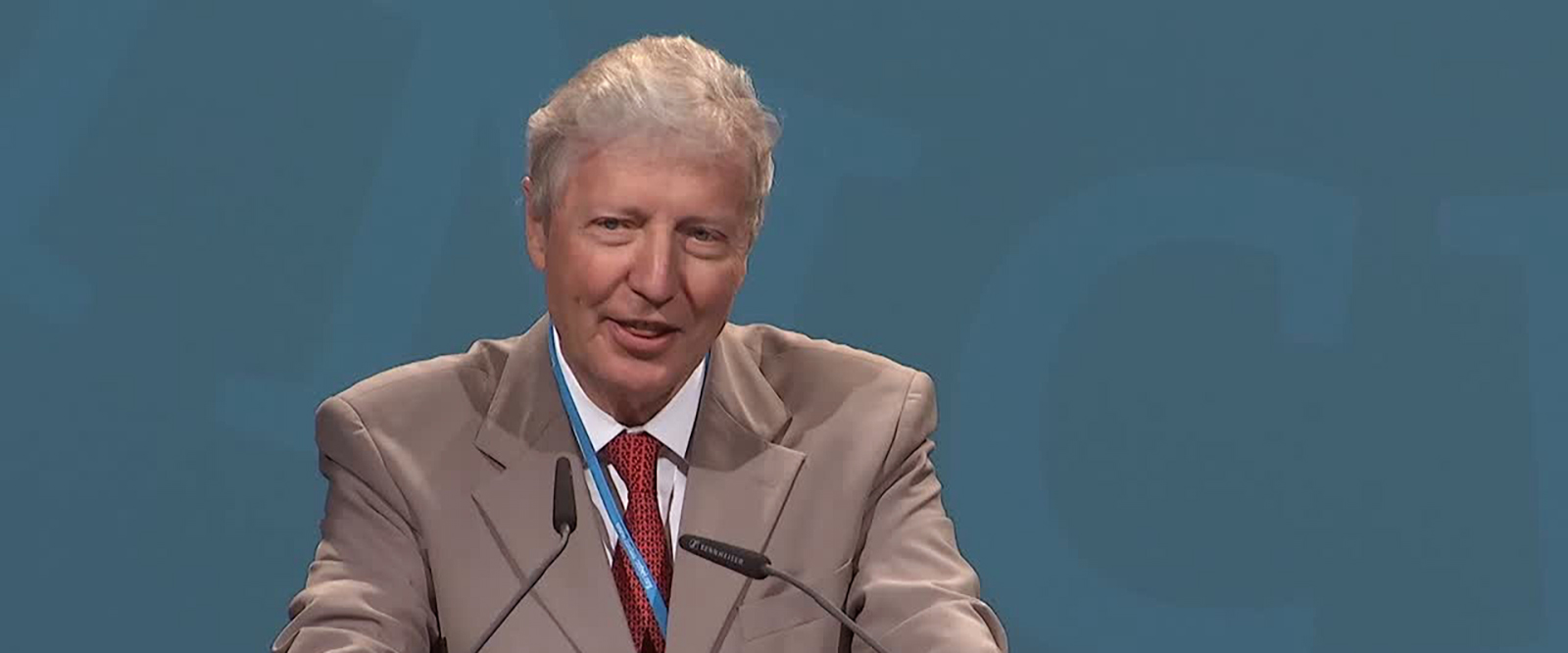
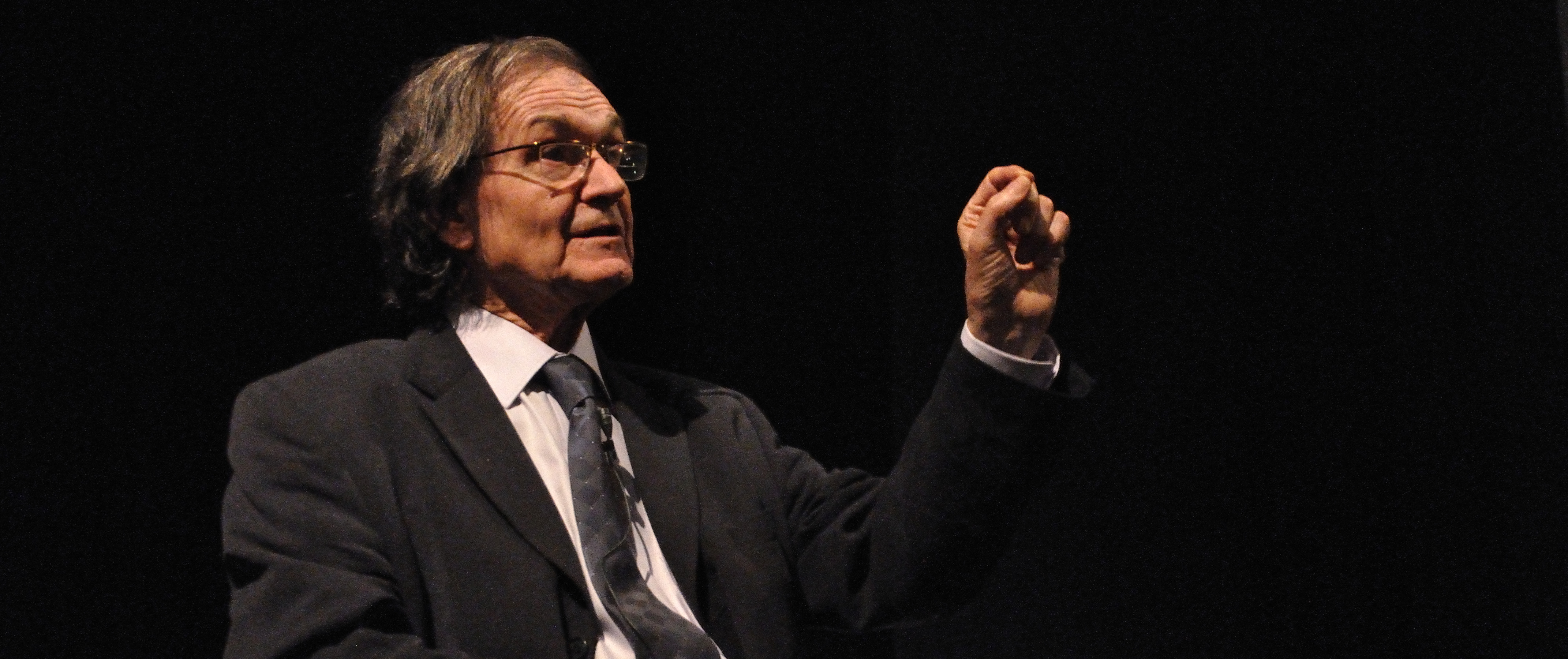
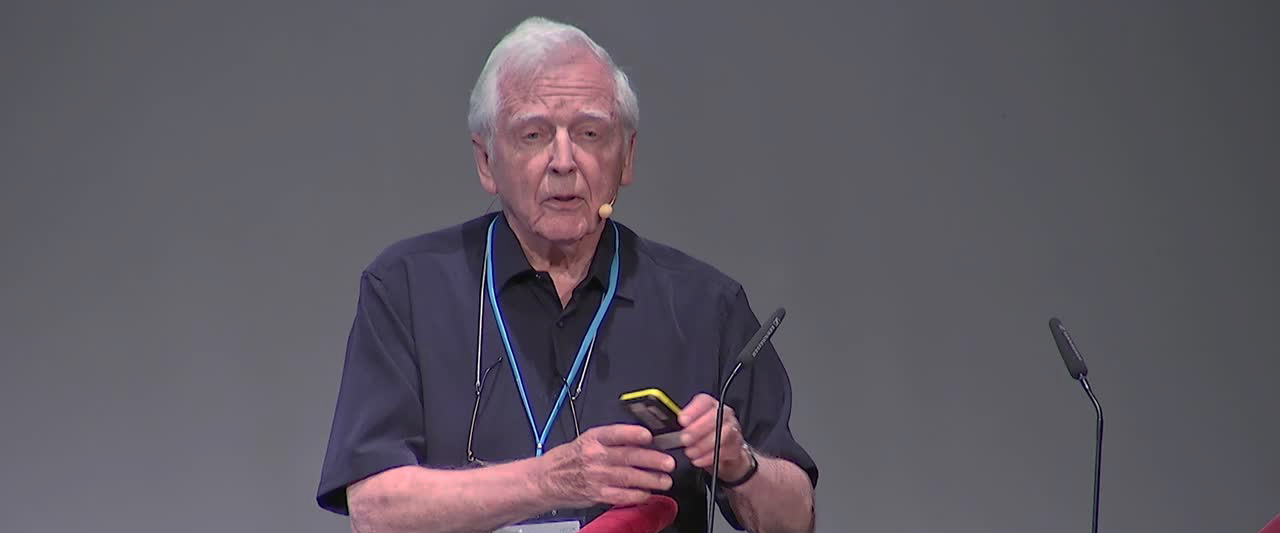
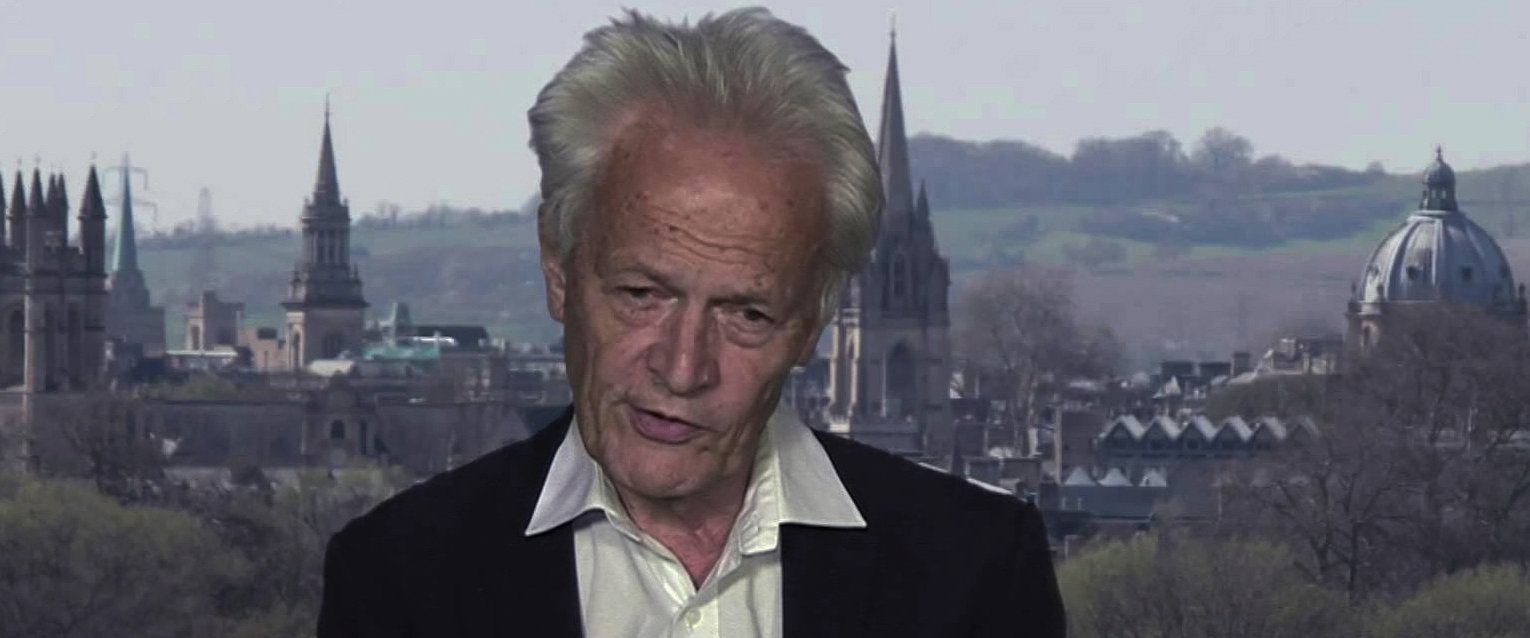
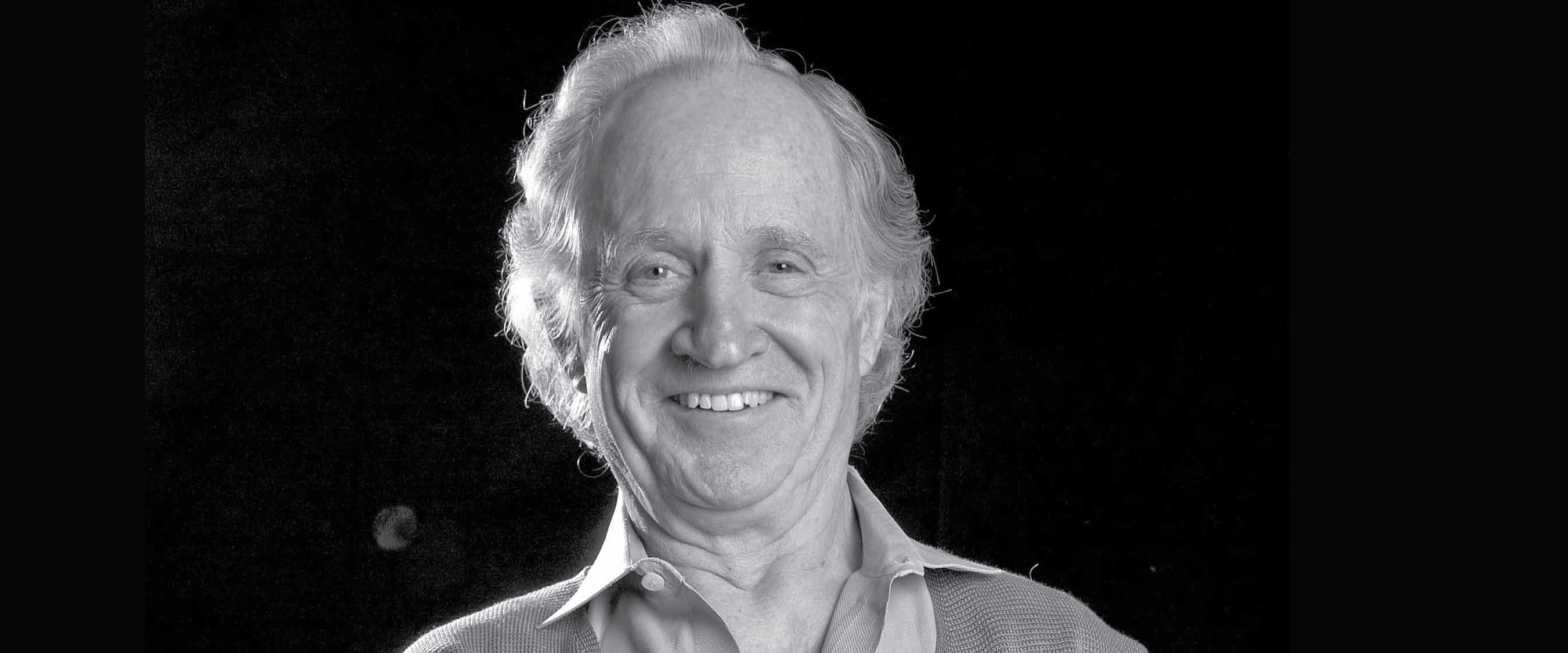
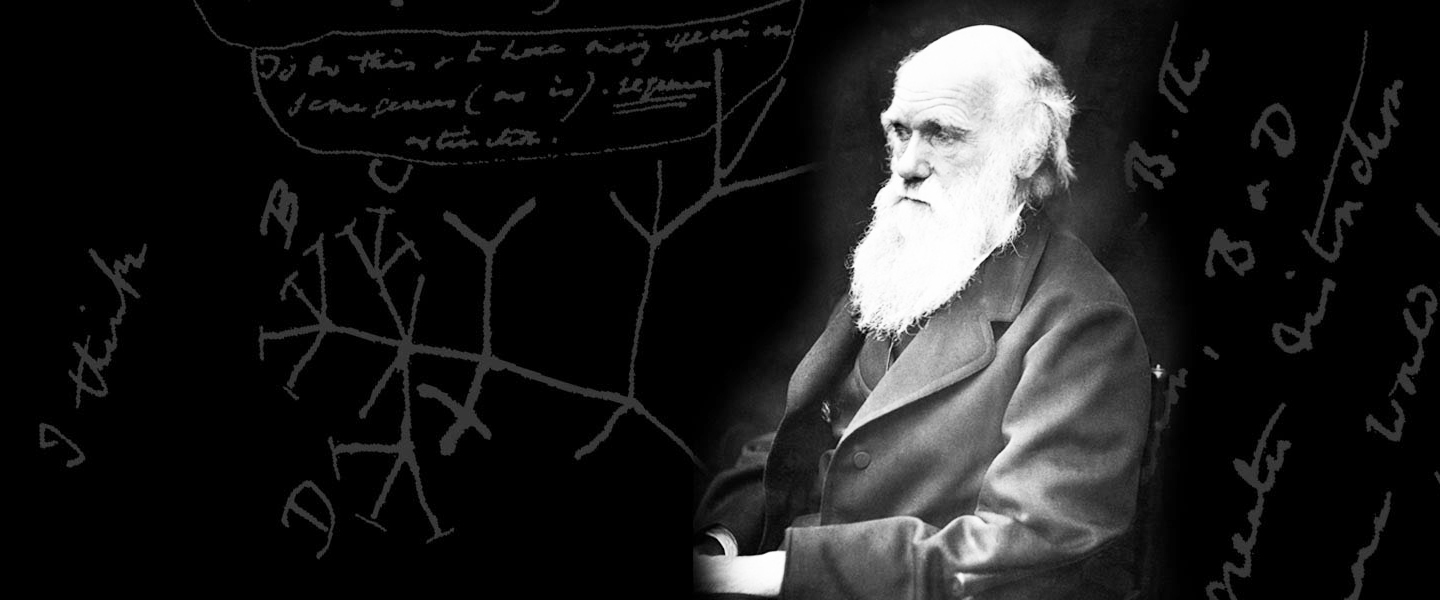



















 Articles
Articles